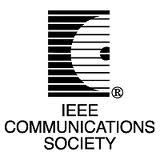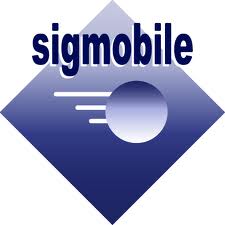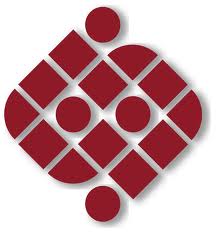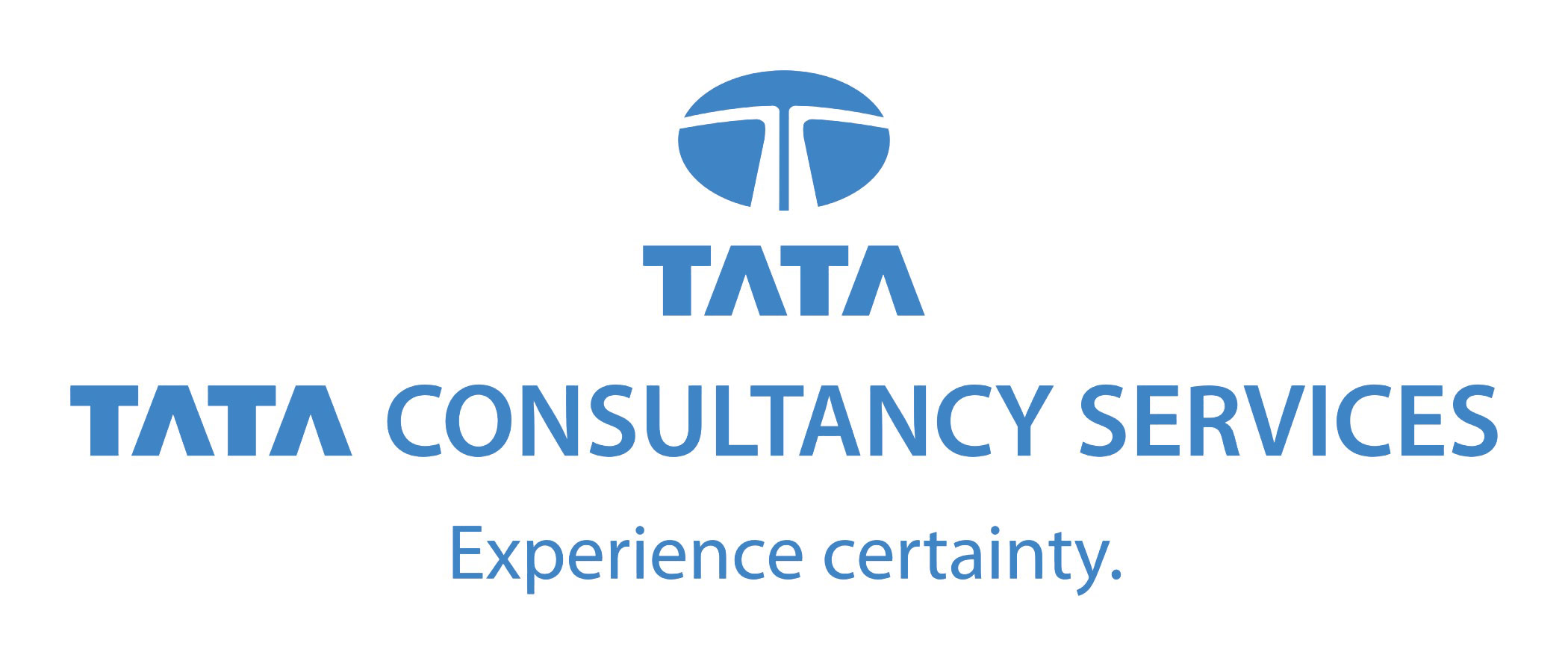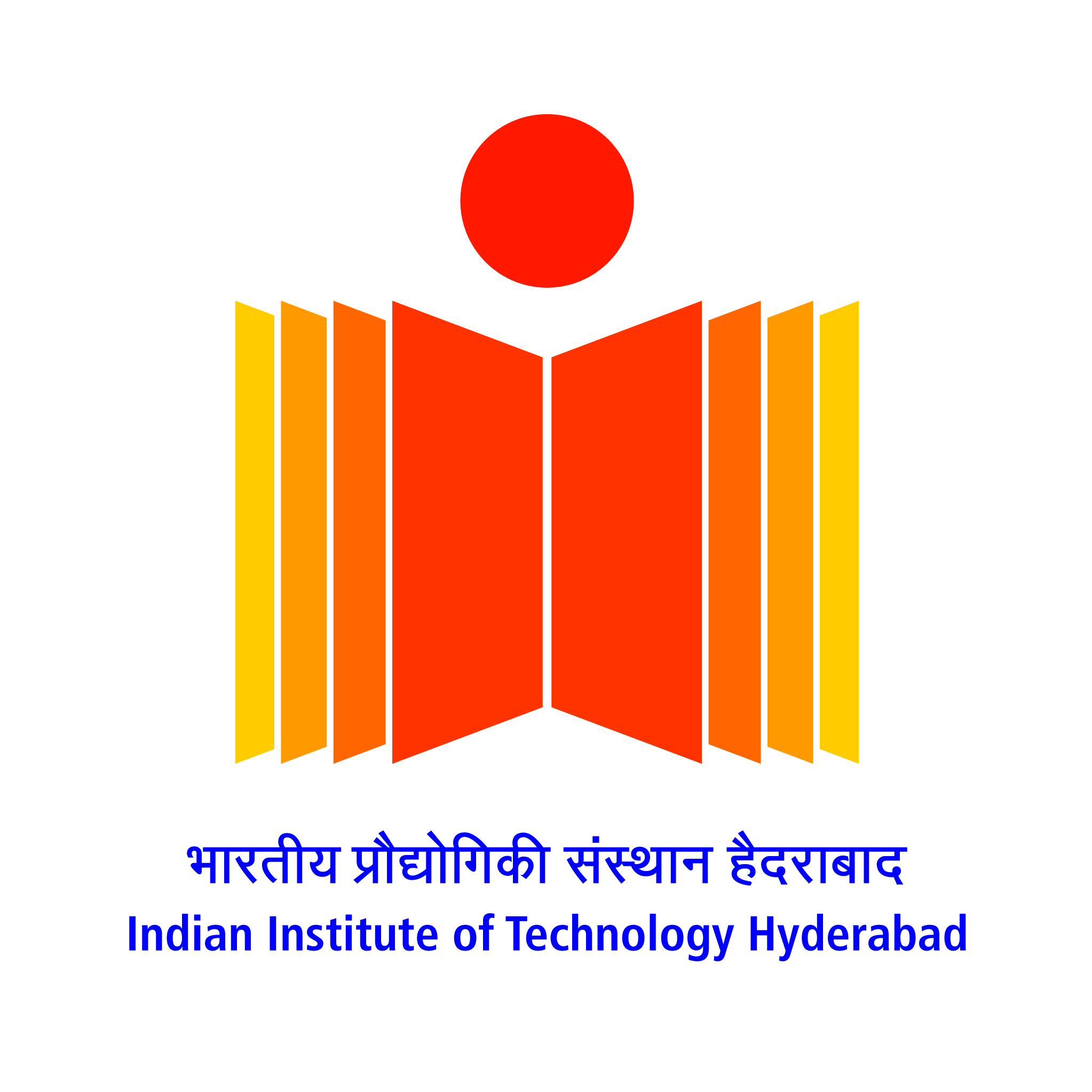Networked Healthcare Technology (NetHealth)
Usability of Mobile Devices for NetHealth
Dr. Hemant Kumar Rath
Scientist, TCS Networks Lab, Bangalore
Various mobile applications are being developed by many organizations and individuals to provide health care to the mass. Though these applications are aimed to provide aid to the clinical flow and increase the reachability of eHealth programme, their usability become a question mark due to various technical and non-technical reasons. In a country like India, where broadband penetration is limited to cities only, un-interrupted power supply is a dream, literacy and languages are barriers, regulatory measures are slow, and low-end mobile phones are in use, designing universal applications for all become a challenge. In this talk we propose to discuss on methods to counter the above issues. In addition to this, we also plan to discuss a couple of case studies related to usability of mobile devices.
About the Speaker:
Hemant, Member IEEE and IARCS, holds MTech and PhD from IIT Bombay, India (both in Communication Engineering) and BE in EL&TCE from VSSUT Burla (formerly UCE Burla), Sambalpur, Odisha. He has close to 15 years of experience in academics, research and industry. Since Dec 2010, Hemant is working as Scientist in TCS Networks Lab, Bangalore. His current research interest includes: QoS in Networks, LTE/WiMAX Scheduling, Self-Optimization in Wired and Wireless Networks, Propagation Model Design, Speech Processing, M2M Communication, Cloud Computing, Modeling of Social Network Traffic, etc. He has published many research papers and presented many talks in national and international conferences/seminars such as IEEE Globecom, IEEE ICC, IEEE COMSWARE, IEEE COMSNETS, WPMC, NCC, ITU-T, BWCI-COAI, SuMo-CPS Workshop etc., and has filled several patents through TCS. He also actively participates in standardization activities (IoT - GISFI, IoT - ITU-T and DOSTI).
Software Defined Networking and Networked Healthcare
Vijay Mann, IBM Research
Software Defined Networking (SDN) is an emerging architecture for computer networking that comprises of a programmable control plane that is physically separated from the data plane in a network switch runs on a standard server and communicates with the switches through a standard protocol such as OpenFlow. This separation allows users and administrators to program routing policies and rules using high level languages such as Java and Python, without knowing anything about the arcane CLI commands supported by network switches.
In this talk, I will first given an overview of SDN and then describe several use cases where SDN can bring in value for networked healthcare. These include the use of SDN for applications such as management Internet of Things which can include devices such as personal wearable health devices, differentiated QoS management for real-time streaming of robotic surgeries for e-learning or for telemedicine.
About the Speaker:
Vijay Mann is a senior software engineer and researcher at IBM Research -India in New Delhi. He currently leads the data center networking effort at IBM Research - India. He joined IBM in 2003 after working on Wall Street (Portfolio Analytics Group at Morgan Stanley, New York) for a couple of years. He has more than 12 years of experience in enterprise systems development and research. He has authored more than 20 publications in well known conferences and journals as well as several IBM Redbooks, book-chapters and IBM developerworks articles. He has 16 filed patents to his credit, out of which 8 have already been issued.
His research interests are diverse and cover various aspects of systems research such as data center networks, distributed systems, operating systems, performance analysis and systems management. He holds a MS from Rutgers University, New Jersey and a BE (Bachelor of Engineering) from Malaviya National Institute of Technology (MNIT), Jaipur, India. More details about his work can be found on his IBM web page: http://researcher.ibm.com/person/in-vijamann
Making Healthcare Delivery System Distributed and Delay Tolerant
Vinayak Naik, IIIT Delhi
The popular talk in TEDx by Eric Dishman, Intel's Director of Health Innovation, proposed that there is a need to decentralise the traditional centralised healthcare delivery system. He compared it to the mainframe. In the developed countries, the need arises because of the ageing population, which cannot travel to big hospitals that are few in numbers. In the developing countries, the need arises because the small number of big hospitals cannot cater to a large population. Decentralising the healthcare system is a potential solution.
With distributed systems, which are interconnected using unreliable networks, comes the problem of delay. In this talk, I will present how we can make the healthcare delivery system decentralised and to the extent possible (without jeopardising the lives) delay-tolerant. The ideas presented in my talk are also applicable to the developing world for the similar diseases/conditions.
About the Speaker:
Vinayak Naik is an Assistant Professor at Indraprastha Institute of Information Technology, Delhi (IIIT-Delhi) since January 2010. He received his PhD in CSE from Ohio State University, USA in 2006 and BTech in CSE from VJTI, Mumbai in 1999. He has worked at IISc, UCLA, Telcordia, and TCS. His research focuses on mobile computing and reliable large-scale wireless/sensor networks. He was honoured with Rajiv Gandhi Excellence Award in Aug 2011 and CENS Local Employee Award in Aug 2008. His PhD students have been awarded Microsoft Research PhD Fellowship, Google Best Presenter Award at MobiSys'12 conference, and Prime Minister's Fellowship Scheme for Doctoral Research.






